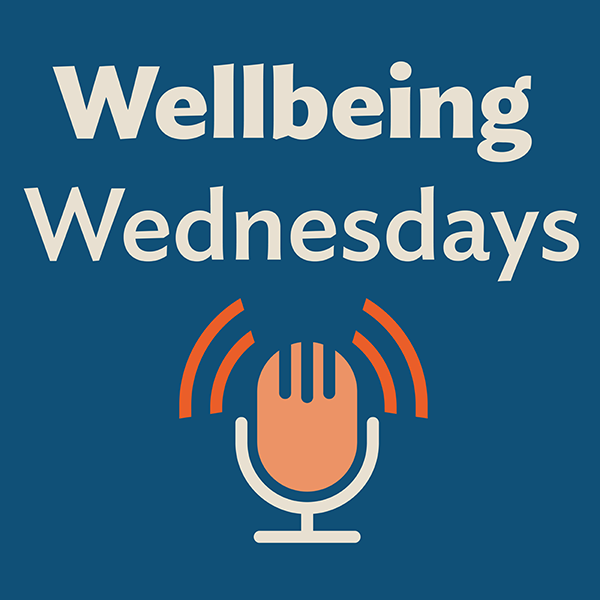Wellbeing Wednesdays: November 5, 2025
Editor’s Note: We share this blog post in memory of Anthony Kohl, who passed away shortly before this Wellbeing Wednesdays episode was released. Anthony’s words, spirit and dedication to helping others continue to shine through this conversation. From all of us at the National Council: Thank you, Anthony, for your service, your heart and your immeasurable impact.
The power of peer support is often talked about, but at VIP Community Services — a National Council member organization in the Bronx — it’s lived every day. Peers there play a vital role in building trust, reducing stigma, and helping people navigate life-changing care with dignity and compassion.
In a recent Wellbeing Wednesdays episode, VIP CEO Debbian Fletcher-Blake and Sr. Peer Coordinator Anthony Kohl share a deeply human look at how peer support changes lives. From methadone treatment and mobile medication units to shelter, pediatrics and behavioral health, VIP provides comprehensive, integrated care under one roof — all driven by a simple mission: Meet people where they are with respect and connection.
Kohl’s story brings that mission to life. A military veteran with lived experience of addiction, incarceration and recovery, he spent his days doing outreach, supporting veterans and helping people take small but meaningful steps toward stability. His empathy and presence became a lifeline for clients who often feel unseen.
Learn more by tuning into the full episode. Here are five key takeaways from our discussion:
- Peers strengthen trust in systems that have often failed people. Many clients hesitate to seek treatment not because care isn’t available, but because past experiences have eroded their trust. As Fletcher-Blake noted, “People don’t trust the system, because the system hasn’t given them reasons to trust it.” Peers help rebuild that trust through consistency, empathy and shared experience, a bridge that encourages people to return, engage and stay connected to care.
- Peer specialists build trust that clinical roles alone can’t replicate. Peers help people feel seen, understood and safe, often before they’ve built trust with a clinician. That relationship is invaluable. “I can’t connect the way a peer can connect,” Fletcher-Blake explained. “It’s a different kind of connection, rooted in lived experience.”
- Peers fill critical gaps and elevate the entire workforce. At VIP, peers triage clients, conduct screenings, provide targeted support and guide people through complex systems. Their work strengthens care teams and helps clinicians focus on what they’re trained to do. As Kohl put it, “Peers stitch the pieces together.”
- Lived experience inspires hope, dignity and real change. Kohl’s journey took him from military service to addiction, incarceration, and eventually recovery and service. His work at VIP centered on encouragement, practical support and compassion. “Somebody helped me 10 years ago,” he said. “And when they helped me, it changed my life.”
- Peer support is about connection — a basic human need. Whether talking with veterans, meeting people in parks or comforting someone in crisis, Kohl would return to the same truth: People need to feel cared for. “They know somebody cares,” he shared. That simple belief can shift the trajectory of someone’s life.
Access to meaningful care starts with compassion. Creating a better system means standing with people, meeting them where they are, and honoring the value of lived experience in every step of the recovery journey. For more insights on mental wellbeing, explore past Wellbeing Wednesdays episodes.




